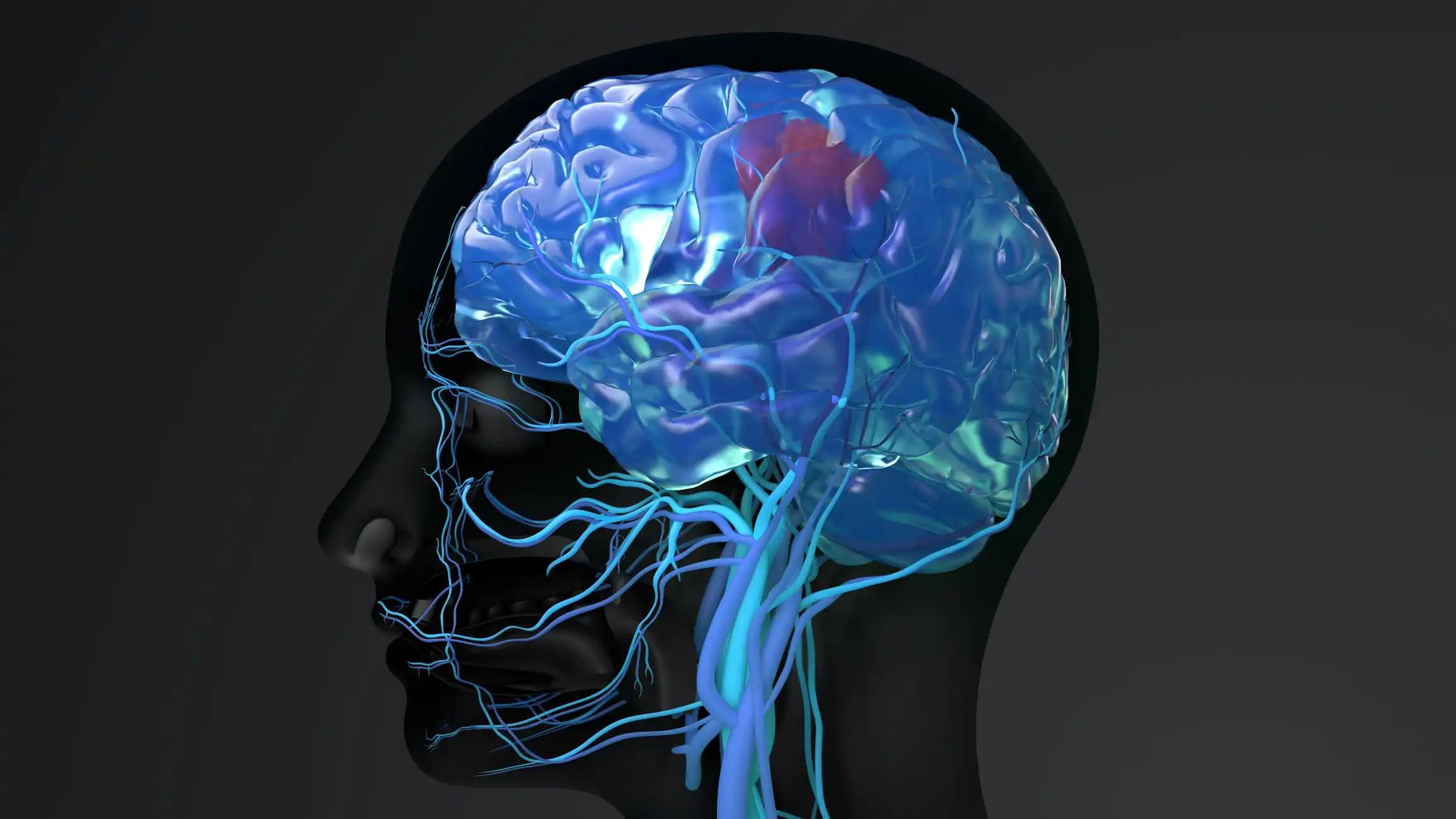KEY TAKEAWAYS
- The study aimed to investigate the correlations between glycosylation and HNSCC initiation and progression.
- The results indicated that GRGs can predict HNSCC prognosis and offer innovative treatment strategies.
While the crucial involvement of glycosylation in the onset, advancement, and therapy resistance of numerous cancers is widely recognized, its specific correlations with head and neck squamous cell carcinoma (HNSCC) remain incompletely understood.
Heng Ma and the team aimed to comprehensively elucidate the correlations between glycosylation patterns and HNSCC initiation, progression, and therapeutic responses.
The study employed Protein-Protein Interaction (PPI) network and correlation analysis, along with single-cell RNA sequencing (scRNA-seq) analysis, to identify key genes regulating glycosylation.
The cox- and lasso-regression methods were used to construct risk models with enhanced predictive efficacy, validated across internal and external datasets. Subsequent investigation delved into differences within the tumor microenvironment (TME), immunotherapy responses, and enriched pathways across distinct risk cohorts. Cell experiments were then conducted to validate the significant impact of SMS in HNSCC.
About 184 genes regulating glycosylation were identified for further analysis. Utilizing cox- and lasso-regression techniques, researchers developed a 3-gene signature capable of predicting outcomes for patients with HNSCC. Key findings included variations in TME, levels of immune cell infiltration, and the expression of immune checkpoint markers across different risk groups, potentially impacting the clinical management of HNSCC patients.
The study suggested that prognosticating HNSCC outcomes using risk signatures derived from Glycosylation-related genes (GRGs) can be effective. A comprehensive understanding of the GRGs signature in HNSCC may aid in interpreting the tumor’s response to immunotherapy and developing novel treatment strategies for cancer management.
Research was funded by the Shenzhen Science and Technology Program.
Source: https://pubmed.ncbi.nlm.nih.gov/38562924/
Ma H, Xiong L, Zhao B, et al. (2024) “Comprehensive investigation into the influence of glycosylation on head and neck squamous cell carcinoma and development of a prognostic model for risk assessment and anticipating immunotherapy.” Front Immunol. 2024 Mar 18;15:1364082. doi: 10.3389/fimmu.2024.1364082. PMID: 38562924; PMCID: PMC10982401.



